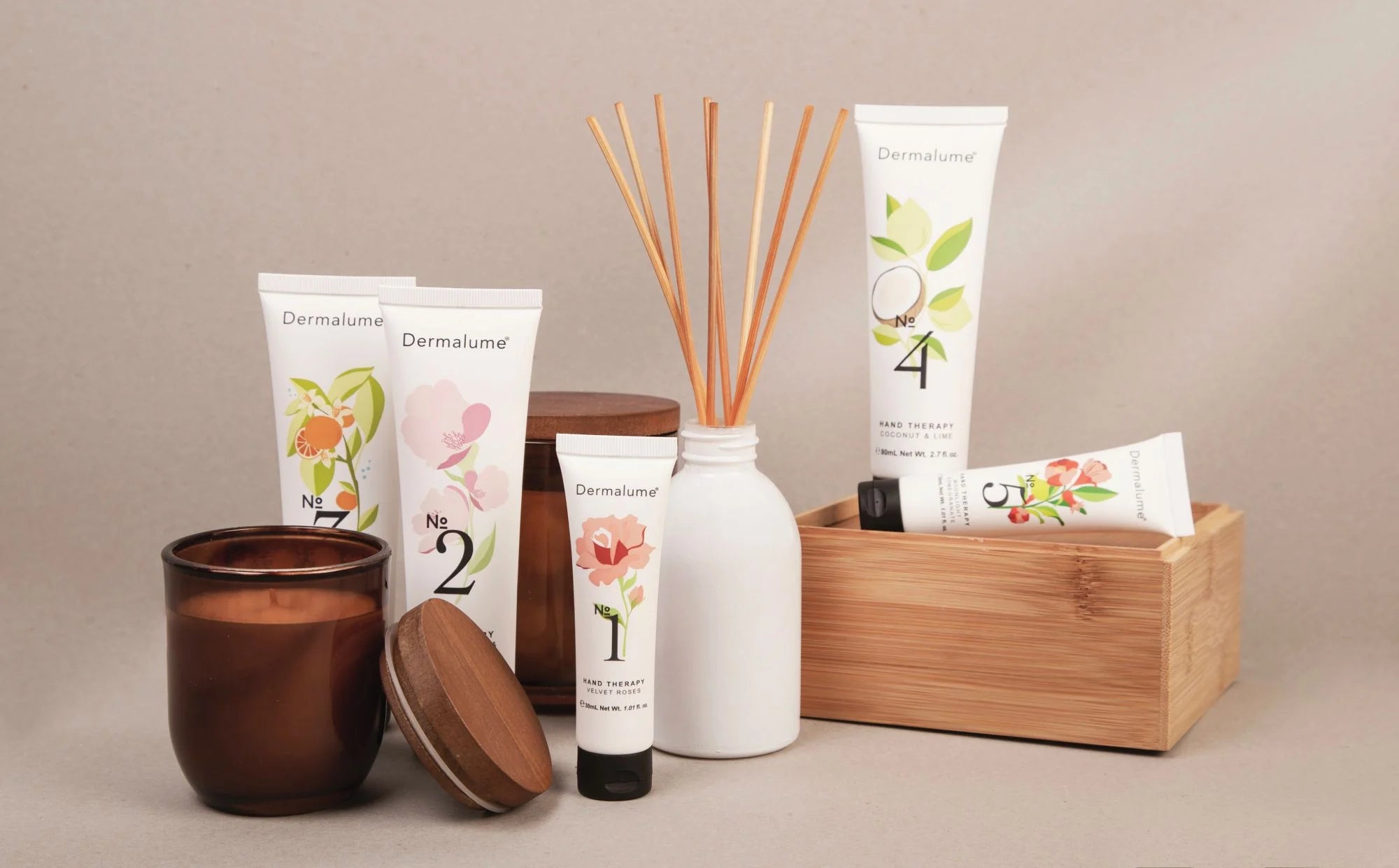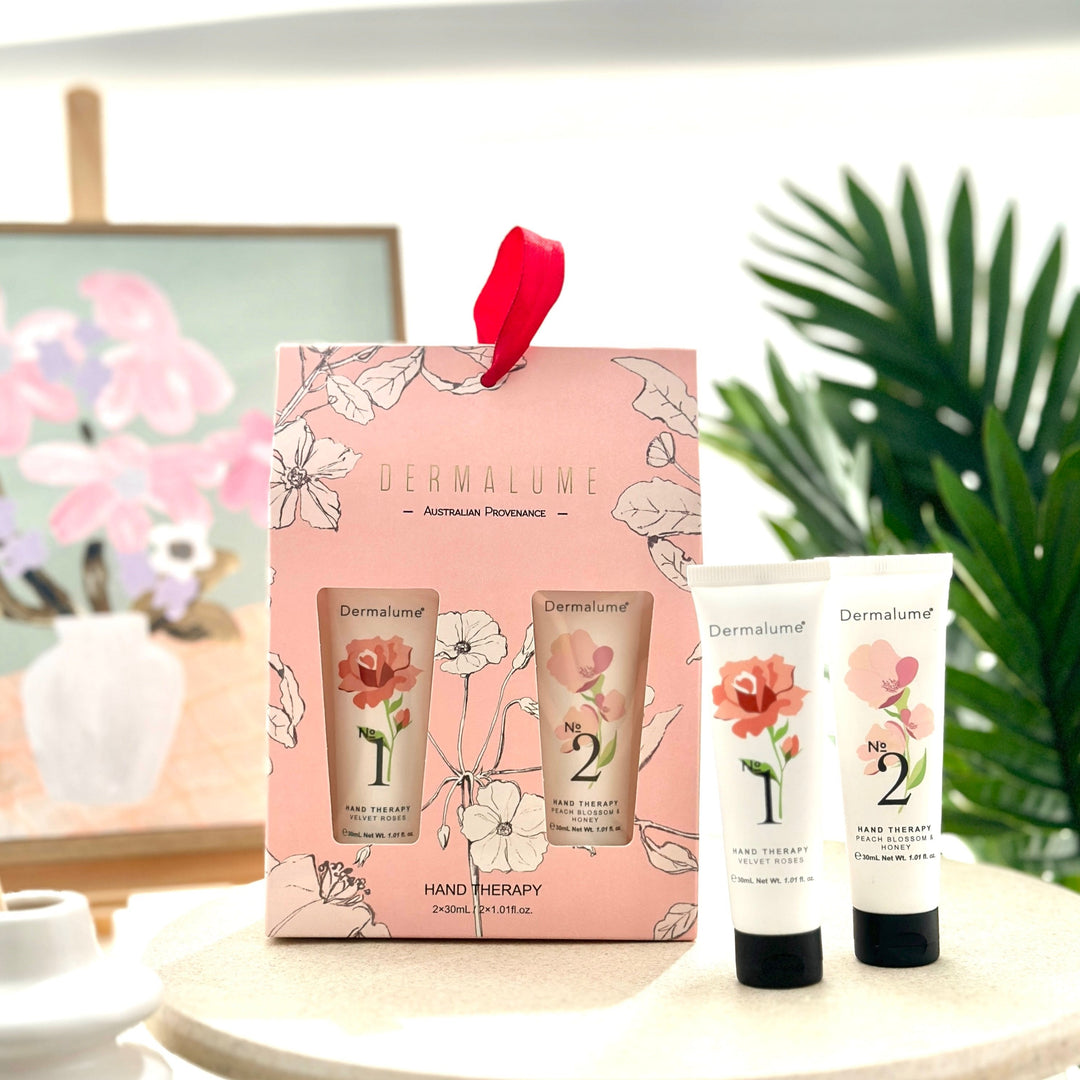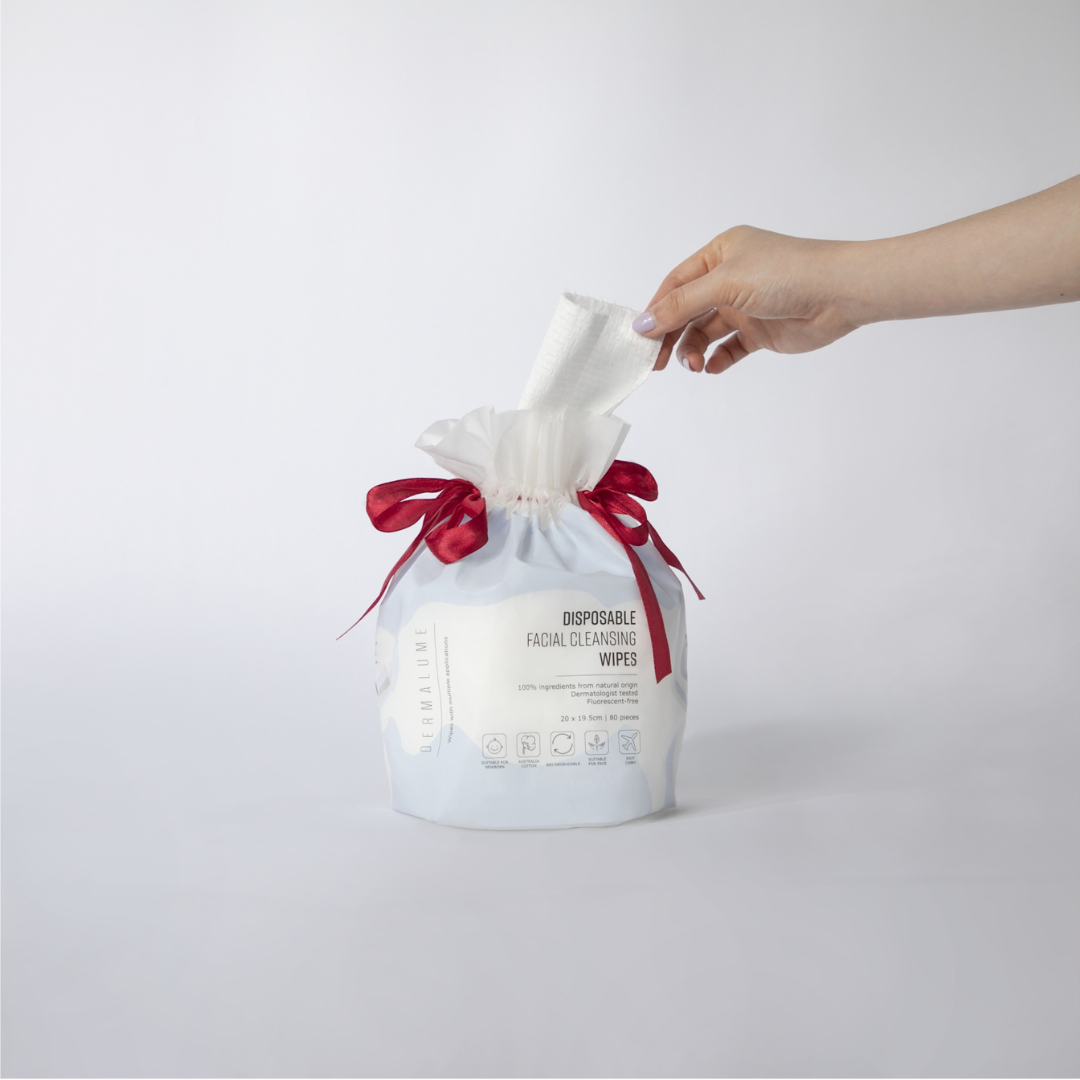Is expensive skincare always better?
A luxury moisturiser may gleam enticingly at you from its glamourous jar, but will its cream contents be that much better for your skin than a product that costs a whole lot less? There is a perception that expensive skincare is always better than budget skincare – and that simply isn’t true. A product’s cost has little to do with its effectiveness. Here, we unpack why you might be better off spending less on your skincare.
What’s the difference between luxury skincare and budget skincare?
Price is the obvious difference. But when it comes to splashing out on expensive skincare you often end up paying for glossy marketing and unnecessary bells and whistles. Just like luxury fashion brands, luxury beauty brands sell a lifestyle along with their products. Many people are happy to buy into this, however if you simply want your skincare to do what it says it will, you don’t necessarily need to pay a high price.
How a product looks and feels will influence how much it costs. Packaging like weighty glass jars and Instagram-worthy boxes can be expensive to manufacture and ship. But is a short-lived unboxing experience really worth it?
Some brands will invest in research and innovation to develop new ingredients or technology, this is an expensive process and will be reflected in a product’s cost. More affordable brands, however, will often formulate using existing and well-tested ingredients. This method keeps product price tags low and ensures the use of proven, effective ingredients.
Does expensive skincare have better ingredients than budget skincare?
When it comes to skincare formulations, and particularly facial moisturisers, both luxury and budget creams tend to use the same standard ingredients. These include moisturisers, humectants and emollients.
A popular humectant found in moisturisers is glycerin. This super hydrator is favoured by formulators and cosmetic chemists because of its ability to draw moisture to the skin. Although not a particularly fancy ingredient, you’ll find it in most moisturising skincare from the pricey La Prairie Skin Caviar Luxe Sleep Mask to the modest Dermalume Aqua Surge Hydrating Night Mask. Similarly, the emollient squalene is also found in both products and will deliver the same skin barrier protecting benefits.
But it’s not just moisturisers, the same can be said for other skincare products like sheet mask. La Mer’s high-priced The Treatment Mask and Dermalume’s affordable Deep Hydro Mask contain a whole list of shared ingredients such as, gylercin, pentylene glycol, butylene glycol, sodium hyaluronate and trehalose, all of which are popular and proven skin moisturisers and hydrators.
But what about those fancy, exotic ingredients?
Sometimes brands ramp-up the cost of a product because of the use of special proprietary ingredients. These ingredients can be pricier because they can be rare, but that doesn’t mean they’re more effective. What’s more, these ingredients might only appear in trace amounts and not enough to benefit the skin. An easy tip for finding out the potency of an ingredient is to check the product’s ingredient list. The higher up on the list an ingredient appears, the higher the concentration of that ingredient.
So, what are the benefits of buying affordable skincare?
Besides saving money, there are other reasons why you could be better off buying affordable skincare, such as how consistently you will use the product. You might decide to buy an expensive moisturiser as a one-off treat. But to see real, long-lasting results from your skincare, consistency is key. It can take up to three months of regularly using a product to see significant changes in your skin. Additionally, constantly switching up your products could cause irritation or throw your skin completely out of whack.
So, if you want that radiant, flawless complexion you’re better off using skincare that you can afford to repurchase time and time again. At the end of the day, the difference is in the price tag, not the results.







Leave a comment